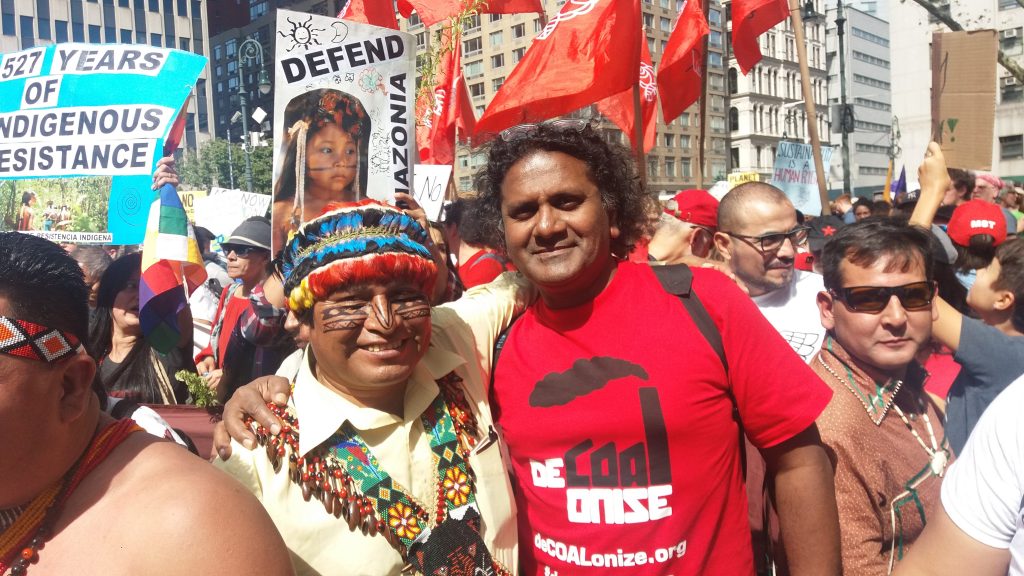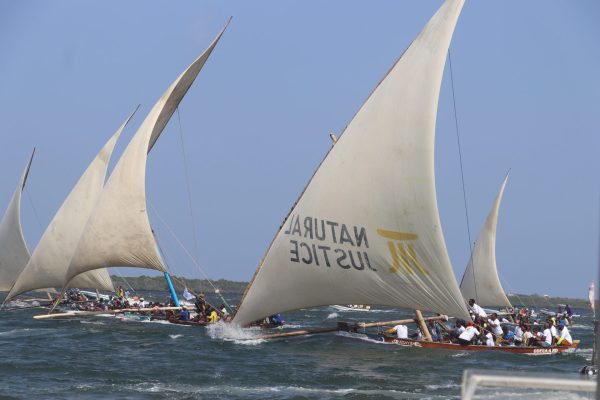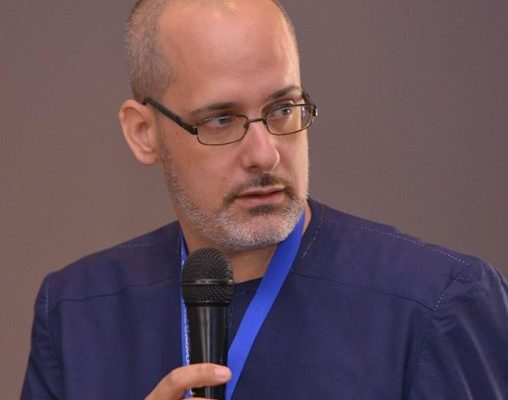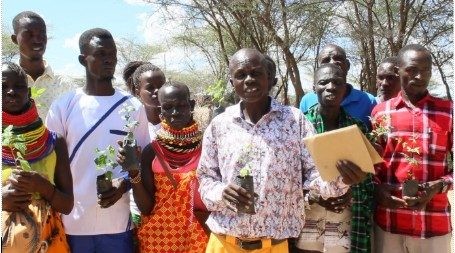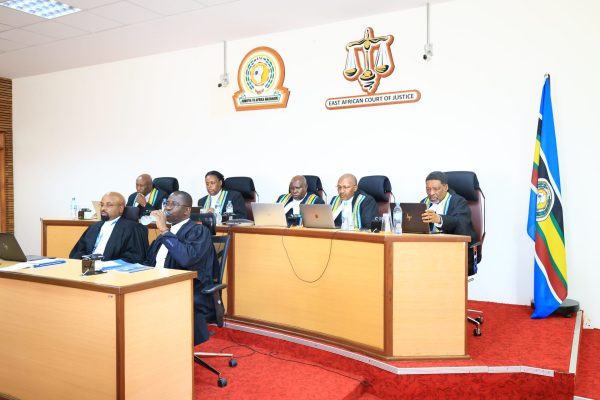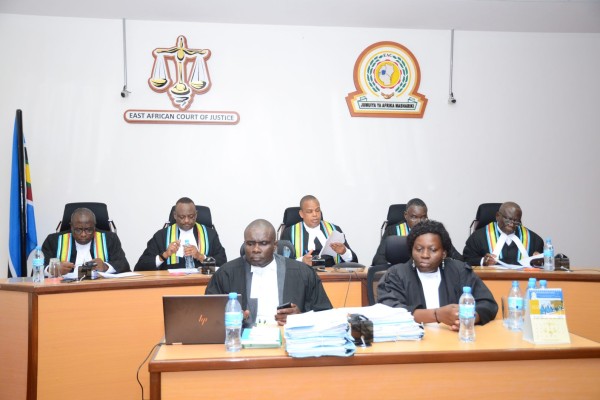I joined the Natural Justice team in September 2018. It has been an incredible journey since I joined. The first step was getting to know the committed and passionate team and the ethos and ‘DNA’ of the organisation. The second step was to get to know the communities we work with. Immersing myself in the communities we work with was an enriching learning experience, and continues to do so. It was a period of building on the strengths of the organisation and being part of a process to further transform the organisation as we consolidate our work with indigenous and local communities across Africa. Part of this process involved bringing on new board members and staff, ensuring greater integration of our programmes, being more deeply connected with movements and coalitions and increasing our visibility and reach. As the demand from communities increase, we are in a period of expansion of our programmes and the communities we work with.
Taking the time to build trust and strong relationships with communities, while immersing ourselves in the struggles, is key to us standing behind communities and going on a journey together. This is evident, for example, in our work around legal empowerment and developing Biocultural Community Protocols. We have also moved to a model where Community Environmental Legal Officers are recruited from the communities we work with and continue to live and work in the community. There is an expansion of this programme being planned with the communities we work with in West Africa and Southern Africa, based on the learnings from our Kenyan experience.
The Earth is currently experiencing an extinction crisis largely due to the exploitation of the planet by people. The science is clear in terms of the drivers of the crisis and possible scenarios in terms of sea level rise, droughts and water shortages, major weather events like cyclone Idai which wrought catastrophic damage in Mozambique, fires in the Democratic Republic of the Congo, Amazon, Arctic and Australia and global warming. As individuals and as organisations, we need to think about how we can most effectively challenge the ongoing destruction of the planet and, at the same time, ensure that people’s rights are not further violated.
The work Natural Justice is involved in to stop fossil fuel companies from further harming the planet, or in supporting communities to assert their rights in terms of traditional knowledge, is critical during this time. Indigenous communities we work with are playing a key role in providing leadership and putting forward alternatives to the current paradigm. The work to stop the Lamu Coal plant in the World Heritage Site of Lamu (the oldest Swahili settlement) is one of the highlights. Natural Justice has been working with indigenous and local communities in the Lamu area for the past decade and walked the journey with the communities. This involved organising, developing a Biocultural Community Protocol to ensure communities are aware of their rights and are in a position to assert their rights, legal empowerment work, including appointing a Community Environmental Legal Officer from within the Lamu community, and support with the litigation to stop the coal plant. This example highlights our approach with communities in the countries we work in.
Another example of significant but painstaking work is the case of Rooibos. Natural Justice has been supporting communities in their claim around their traditional knowledge to the uses of Rooibos. Again, Natural Justice has walked the journey to support communities to claim their recognition and rights in terms of traditional knowledge. Natural Justice continues to support indigenous communities in their ongoing negotiations with the Rooibos Industry. Once the recognition and benefit-sharing agreement is signed with the Rooibos Industry, it will set a global precedent for indigenous communities.
Natural Justice has been very effective within the regional and international forums and negotiation spaces. Natural Justice, in collaboration with some of our supporters and partners, have pushed strongly on the issue of human rights within the Convention of Biological Diversity and also in linking with key indigenous movements and organisations across the globe to think through the planetary crisis and finding alternative ways to approach it.
In 2018, we decided to strengthen our work in francophone Africa and to open a third Hub in Dakar, Senegal. The Hub coordinates our work in Senegal, Guinée and Madagascar. A strong foundation is in place for the year ahead. We will be developing our new strategy which will respond to the planetary crisis, high levels of inequality and injustice and ongoing violation of rights. We will engage more in strategic litigation, develop an Environmental Rights Defenders Initiative, deepen our analysis using a feminist lens and heighten our organising capability linked to indigenous communities and movements we work with.
While there are many reasons to feel despondent during this time based on the further move to the right in terms of politics, the environment, violence against women, the injustice based on a skewed economic system that favours a few, it is also one of the most exciting times to be alive. There is a massive struggle ahead of us, but one we can certainly overcome as we organise and work together in the spirit of cooperation and not competition. We have the potential and the tools to turn the tide. We invite you to join us as a friend of Natural Justice as we navigate the turbulent waters and ask you to invite us to join you as you take the initiative.
A massive thank you to the Board, Staff, Supporters, Partners and Communities we work with.
You can read the 2018-2019 Annual Report here.

